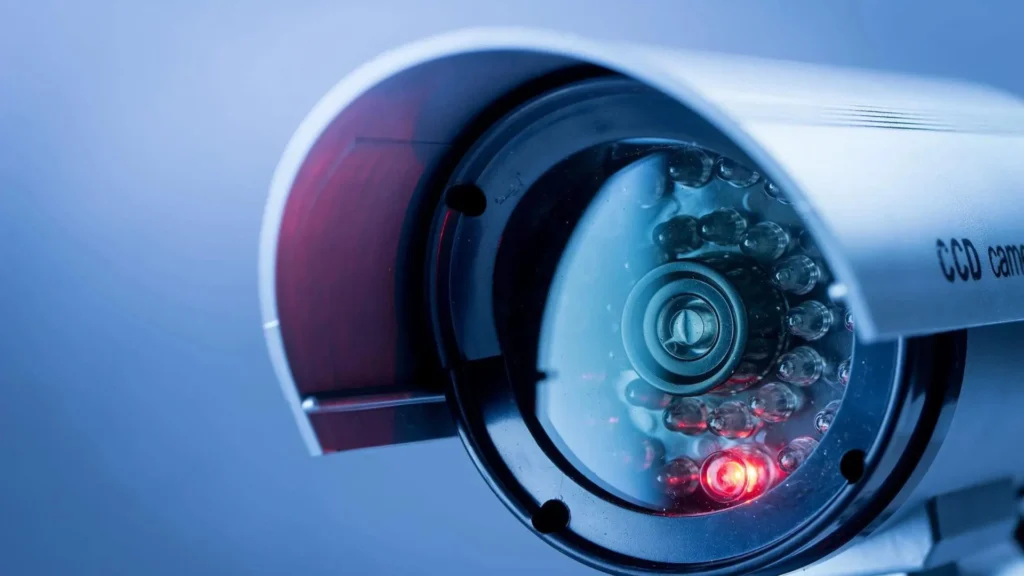In an era where security is a top priority for both individuals and organizations, understanding the origins of surveillance technology is essential.
One of the most impactful innovations in this field is closed-circuit television, commonly known as CCTV. But when were CCTV cameras invented?
The story of CCTV begins in the early 20th century, evolving from military applications into the widespread surveillance systems we see today.
This guide will explore the key milestones in the invention and development of CCTV cameras, shedding light on how they have transformed security measures across the globe.
Whether you’re curious about the technology’s historical roots or its current applications, you’ll find valuable insights into the world of CCTV.
When CCTV Cameras Were Invented?
Closed-circuit television (CCTV) was first developed in the early 1940s. The earliest known use of CCTV technology was in 1942, when German engineer Walter Bruch designed a system to monitor V-2 rocket launches.
This system allowed for real-time viewing of the launches, marking a significant step in video surveillance technology.
In the post-war years, CCTV systems began to be adopted for security and surveillance purposes. By the 1960s, CCTV was being use

Was There CCTV In 1980?
Yes, CCTV systems were in use by 1980. By that time, the technology had progressed significantly since its inception in the 1940s.
In the 1980s, CCTV was increasingly adopted for security in various sectors, including banks, retail stores, and public spaces.
During this period, systems were primarily analog, using videotape for recording, and they often required significant manual operation.
The quality of video footage was lower compared to today’s digital systems, but CCTV was becoming a standard tool for crime prevention and surveillance.
How CCTV Systems Became Mainstream?
As technology progressed, CCTV cameras became more accessible to the average consumer. Security systems were no longer just for businesses or government buildings. By the late 1990s and early 2000s, they became commonplace in residential homes and public spaces such as parks, shopping malls, and airports.
How Accessible Are CCTV Systems Today?
CCTV systems are now more accessible than ever, driven by technological advancements and lower prices.
A variety of affordable options allow homeowners and businesses to easily implement surveillance solutions.
User-friendly designs facilitate simple installations, often without professional assistance, while wireless models offer greater flexibility.
Mobile apps enable real-time monitoring, and cloud storage provides secure access to footage. Overall, modern CCTV systems effectively meet diverse security needs, enhancing everyday safety.
FAQs About CCTV Cameras
Who invented CCTV cameras?
CCTV cameras were invented by German engineer Walter Bruch in 1942 during World War II.
When did CCTV cameras become widely used?
CCTV cameras became commercially available in the 1950s and gained widespread use in the 1970s.
What was the first use of CCTV?
The first use of CCTV was to monitor V-2 rocket launches during World War II.
How have CCTV cameras evolved since their invention?
CCTV cameras have evolved from simple black-and-white analog systems to advanced digital systems with high-definition video and internet connectivity.
Are CCTV cameras effective in reducing crime?
Yes, CCTV cameras are effective in deterring and reducing crime, particularly in public spaces and business establishments.
What is the future of CCTV technology?
The future of CCTV technology involves integrating AI, facial recognition, and higher-definition cameras for more precise and real-time monitoring.
Conclusion
The invention and evolution of CCTV from a military tool to a ubiquitous part of modern society reflect broader technological advancements and changing perceptions of security and privacy.
While CCTV plays a crucial role in enhancing safety and preventing crime, it also raises important ethical questions about surveillance and individual rights.
As technology continues to advance, the future of CCTV will likely involve even more sophisticated systems capable of adapting to emerging security challenges.
Balancing the benefits of CCTV with the need for privacy will remain a vital conversation as society navigates the complexities of surveillance in the modern world.
- Can I Connect My AirPods To My TV? How To - November 23, 2024
- Can You Track AirTag History? Truth Explained - November 22, 2024
- Can I Put AirTag In My Car? Need To Know - November 22, 2024
